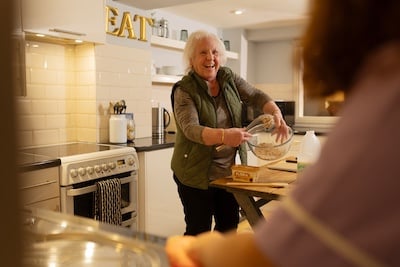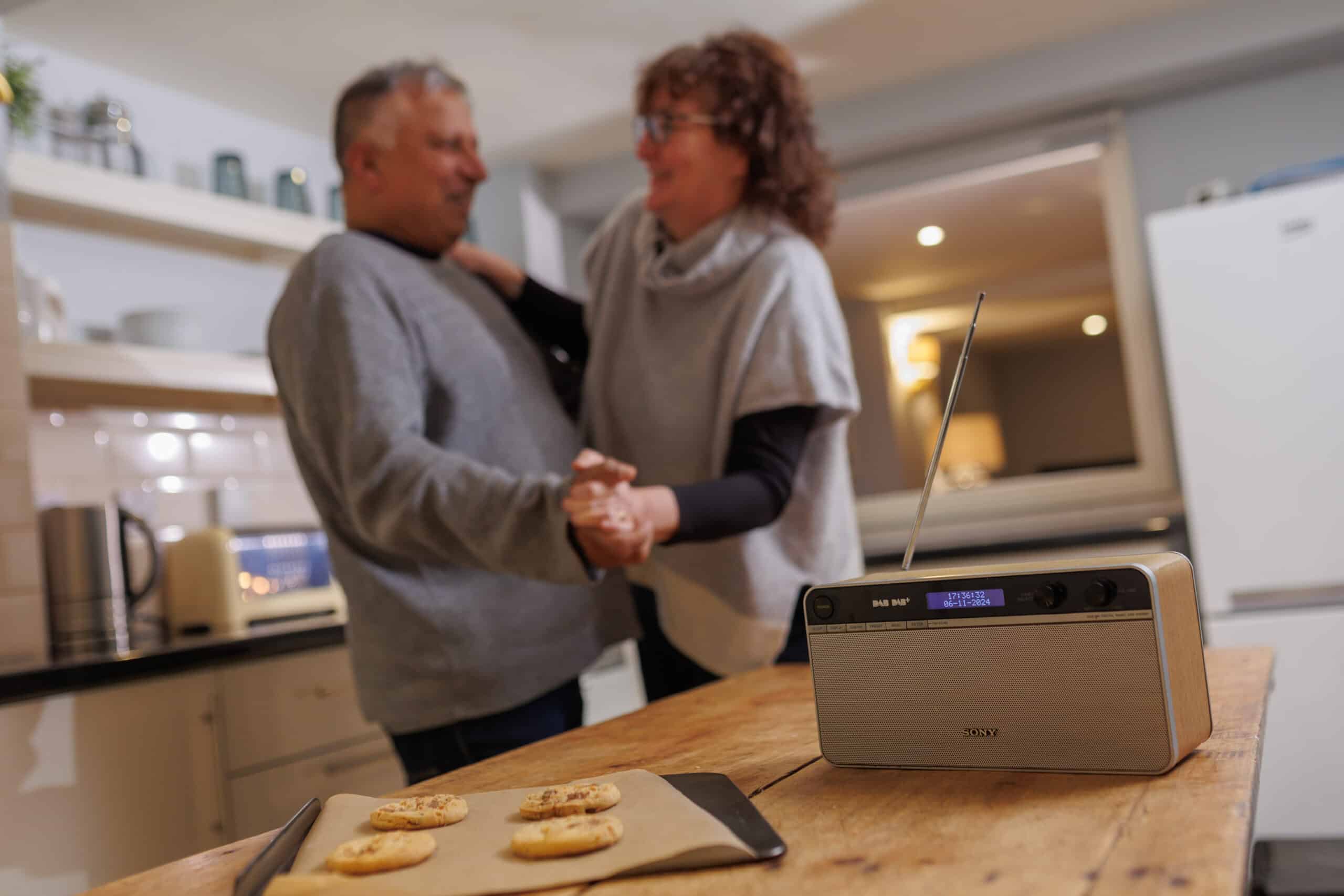Domiciliary Care and Assisted Living: Which One Is Right for You?
What Is Domiciliary Care?
Domiciliary Care is the support you receive at home to help you remain as independent as possible. Domiciliary care is often known under other names, such as home care, or private care, and at Helping Hands we offer two types of domiciliary care – live-in care and visiting care. Live-in care means that a trained professional lives in your home with you and offers around-the-clock support with every area of your life, such as medication, nutrition, mobility, personal care and housework. They also offer essential companionship to prevent you becoming isolated. Visiting carers offer the same levels of support, but on a ‘live-out’ timeframe that suits you, for instance, an hour or two per day. Because we’ve been offering our exceptional brand of care at home since we were established in 1989, we’re trusted across the UK, with services fully regulated by the Care Quality Commission and Care Inspectorate Wales. For more information on how we support older adults, visit our elderly care page.

What Is Assisted Living?

Assisted Living care and support can be offered in your own home or in purpose-built assisted living accommodation. These offer additional support for people who are happy to move from their existing home, perhaps because it has become too large to manage, and they wish to downsize. Moving into assisted living facilities isn’t right for everyone, though, and many people don’t even realise that they have the option to stay in their precious home when they need additional support. Our comprehensive home care services can be delivered in a person’s assisted living residence or in the comfort of their own home. Relocating isn’t everyone’s preference, so if you’d rather continue living in familiar surroundings full of memories, choose assisted living at home.
Key differences Between Domiciliary Care and Assisted Living
There are many similarities between domiciliary care and assisted living, but there are key differences too. Domiciliary care in your own home offers so many benefits, including:
Remaining in familiar surroundings
Avoiding the upheaval of moving
Retaining your home for family inheritance
Staying in a community you love
Competitive pricing structure
Essential support and companionship
Level of Independence and Daily Support
With domiciliary care, you get exceptional levels of support at home. Retaining your independence is crucial to most people the older we get, and we usually want to avoid anything that impedes that. Consequently, you’ll get incredible support with every aspect of your daily routine, including:
Cost Considerations and Financial Planning
If you’re concerned about the future costs of care, you should always seek the advice of an independent financial advisor, preferably one who specialises in care planning. You can also chat with Helping Hands about the likely costs you’ll incur for your preferred level of care at home, meaning you’ve got all the information you need to make informed decisions. According to payingforcare.org, you should seek the advice of a qualified specialist who can give you information tailored to your circumstances, for instance, if you have over £100,000 of assets. “Specialist care fees advisers are qualified experts. They can help you make an informed decision about the best way to pay your care fees.” Experts will ask you questions about your personal situation and what you wish to achieve by planning for your care, “they’ll take into account your available assets, attitudes and preferences. They’ll also check if you’re entitled to any state benefits for paying for care.”

Living Arrangements and Home Adaptions
You may need home adaptations before you begin receiving care at home, and these should be planned well in advance. You or your loved ones should get in touch with your local authority, or occupational therapist so that you can find out what you have to pay for and what will be supplied for free.
Health and Medical Support Available
There are a range of healthcare professionals who will be happy to help you plan for the future and discover what options are available. These range from your GP, occupational therapist, Helping Hands, community nursing staff and specialist helplines. Talking to the relevant professionals will help you understand your options.
How to Decide Which Care Option Is Best for You

The only person who can decide what care option will suit you best is you. Talking to loved ones, if appropriate, is important too, though, as they will be sure to have some opinions if you decide to sell the family home or move from somewhere that you’ve lived for many years. Relocating can be incredibly emotional and physically arduous, so if it’s possible to avoid that and still receive the highest levels of care, it’s an option that many people would choose if they were aware of it. Because Helping Hands have been established across England and Wales for so many years, we are trusted by our customers and their families to deliver the highest standards of care and support in their own homes. Equally though, if you decide that moving into an assisted living residence is the right choice for you, we can still support you there, so in many ways, you’ll always get the best of both worlds with Helping Hands.